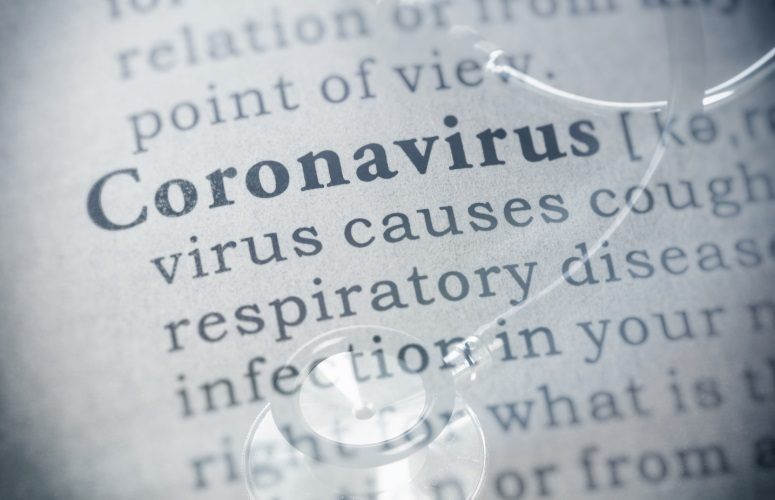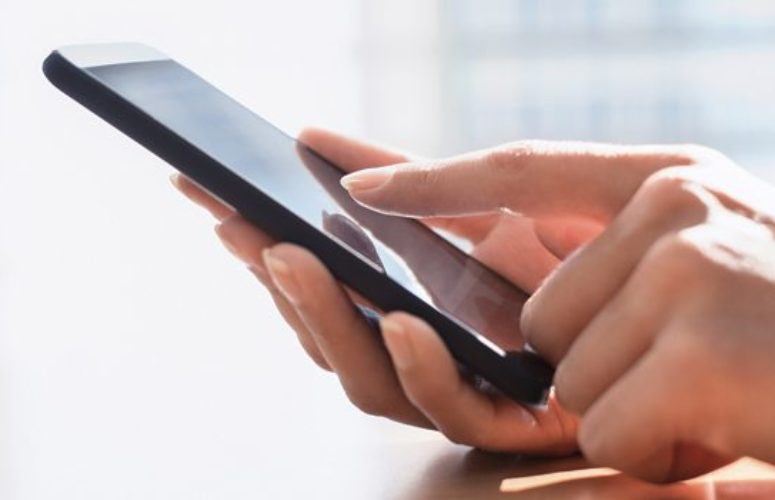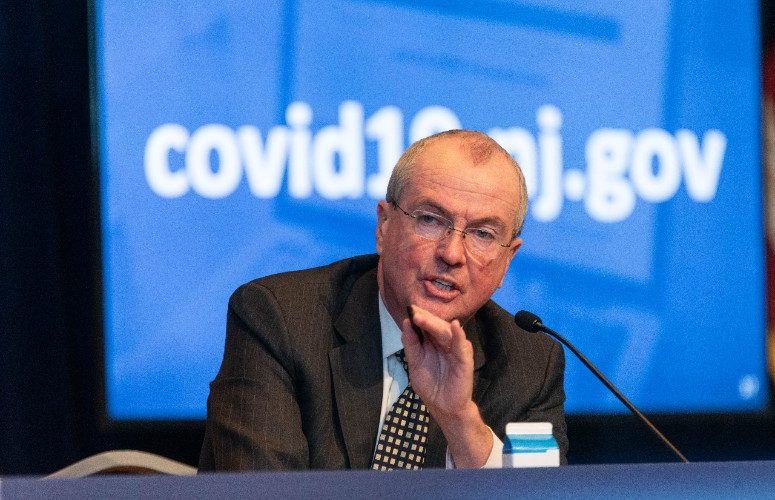
Monmouth Poll Shows COVID-19 Worries Rise
On Jul 1, 2020President Donald Trump continues to receive poor marks for his response to the coronavirus outbreak, but the public has also turned its ire on the behavior of their fellow Americans according to the Monmouth University Poll. As the pandemic picks up steam and many states hit pause on reopening their economies, public concern about getting the virus has increased while confidence in the country’s ability to contain the spread has decreased. Partisan identity is more influential than proximity to Covid hotspots in determining opinions of the pandemic response.
The president’s overall job approval rating continues to be underwater. Trump now earns a 41% approve and 53% disapprove rating from the American public. His job rating was 42%–54% in early June, down from 46%–48% in March. Trump earns an 82% approve to 14% disapprove rating from his fellow Republicans, 36%–55% from independents and 9%–87% from Democrats. Currently, 18% of the public says the country is headed in the right direction while 74% says it is on the wrong track. This result is slightly less positive than last month’s 21%–74% rating, which was then the all-time low since Monmouth started asking this question in 2013.
The public remains cautious about reopening the country in the midst of the coronavirus pandemic. Nearly two-thirds (64%) are more concerned that states are starting to lift restrictions too quickly compared with 27% who are more concerned this is happening too slowly. In early June, public concern stood at 60% too quickly and 32% too slowly.
“Many states loosened restrictions a few weeks ago. Both the epidemiological data and the public opinion data suggest it may have been too soon,” said Patrick Murray, director of the independent Monmouth University Polling Institute.
Differences in levels of concern about state openings appear to be based more on partisanship than on the actual spread of the virus locally. Concern that states are reopening too quickly is shared by more than 6 in 10 residents regardless of the rate of local spread based on state level Covid-19 death doubling rates compiled by the Princeton Election Consortium. This includes places where the virus is spreading the fastest (63% in states with a death doubling rate of less than 180 days), relatively moderately (64% in states with 180-400 day doubling rates), and most slowly (66% in states where the death rate takes more than 400 days to double). Within each group of states, about 9 in 10 Democrats are concerned about their state lifting restrictions too quickly (90% fast spread, 89% moderate, 88% slow) and more than 6 in 10 independents share that feeling (64% fast spread, 65% moderate, 64% slow). Fewer Republicans feel this way, with slight variations based on the rate at which Covid deaths are doubling in their states (42% fast spread, 25% moderate, 38% slow).
“Partisanship seems to be the driving force in both opinions and behaviors related to the pandemic. Even when local conditions objectively change, the partisan filter dominates how people interpret this crisis,” said Murray.
The poll also reveals that the public has turned sour on the behavior of their neighbors during the pandemic. Just 28% say the American public has done a good job dealing with the outbreak while 59% say their fellow Americans have done a bad job. This sentiment was more positive in early June (46% good job to 43% bad job) and May (51% to 33%). Current feelings about the American public’s behavior in response to the pandemic are worse now than they were at the outset of the crisis (38% good job to 48% bad job in April and 38% to 45% in March).
“Some governors have dialed back their state’s reopening plans because of images of large groups showing a blatant disregard for social distancing. These poll results suggest that most people look at their fellow Americans’ behavior and say ‘This is why we can’t have nice things,’” said Murray.
Public confidence about getting the pandemic under control has also declined. In March, a solid 62% felt at least somewhat confident that the country would be able to limit the outbreak’s impact in a few weeks. That confidence level dropped to 53% in April and 43% in early June. It has dipped again, now standing at 37%. Specifically, just 13% of Americans are very confident and 24% are somewhat confident about limiting the impact over the next few weeks. Six in ten are not too (29%) or not at all (32%) confident. Republicans (60%) are more likely than independents (36%) and Democrats (16%) to be at least somewhat confident about reining in the outbreak.
Trump earns a 40% good job and 54% bad job rating for his handling of the coronavirus outbreak. State governors, on the other hand, continue to get broadly positive ratings – 65% good job and 28% bad job. Trump’s rating for handling the crisis started eroding almost immediately after the pandemic hit while the governor ratings did not see any decline until last month. The number of Americans who said Trump was doing a good job on the pandemic went from 50% in March to 46% in April and 42% in both May and early June. The number who gave their state governor a positive rating was either 72% or 73% from March through May before dipping to 67% in early June.
The Monmouth University Poll also finds that Americans continue to be more satisfied with the outbreak measures taken by their state than they are with Washington’s response. Just 34% say the measures taken by the federal government to slow the spread of the virus have been appropriate while 54% say they have not gone far enough. Another 9% say they have gone too far. At the beginning of June, 37% said federal measures were appropriate, 48% said they had not gone far enough, and 12% said they went too far. This opinion has fluctuated since the outbreak began. Back in March, 47% said the federal government was acting appropriately, 45% not far enough, and 6% too far.
Half of the American public says the outbreak measures taken by their state government have been appropriate, but this marks a decline since the pandemic’s onset – from 62% in March to 56% in early June to 50% in the current poll. Another 31% say their state has not gone far enough, which is up from 23% a few weeks ago, and 16% say they have gone too far, which is down from 20% in early June.
Looking at the personal impact of Covid, 41% of Americans are very worried about someone in their family becoming seriously ill from the virus. This level of concern represents a small increase after showing a few months of decline, having gone from 50% in April to 42% in May and 37% in early June. Another 26% in the current poll are somewhat concerned about a family member getting sick with Covid, 17% are not too concerned, and 15% are not at all concerned. White Americans (34%) are less likely than those in racial minority groups (55%) to say they are very concerned about this.
Just over one-third (36%) of Americans report that someone in their household was laid off from work due to the outbreak. This number is up from prior polls (29% in early June, 31% in May, and 30% in April). Less than half of this group say the laid-off person is either already back on the job (33%) or expect to be at work within the next few weeks (12%). Another 16% expect to be working by the end of the summer, 16% by the end of the year, and 10% sometime later. Another 13% say they will not return to work or are not sure when they will, which is up slightly from 9% who said the same four weeks ago.
The Monmouth University Poll was conducted by telephone from June 26 to 30, 2020 with 867 adults in the United States. The question results in this release have a margin of error of +/- 3.3 percentage points. The poll was conducted by the Monmouth University Polling Institute in West Long Branch, NJ.
To access more business news, visit NJB News Now.
Related Articles:





